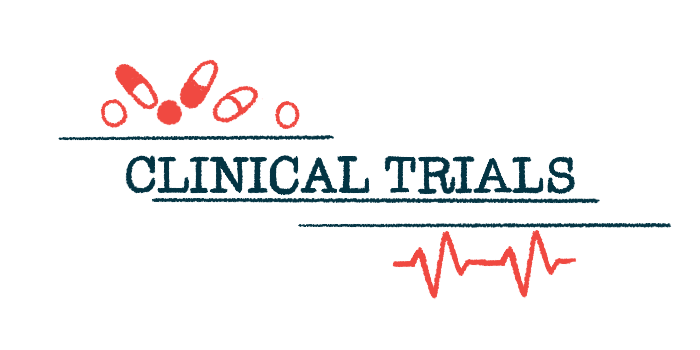Phase 1 trial in Sweden to test IRL757 for neurological apathy
Irlab's candidate has potential to become 1st therapy for prevalent symptom
Written by |

Irlab Therapeutics is preparing to start a Phase 1 clinical trial of IRL757, its oral tablet candidate to ease apathy in Parkinson’s disease and other neurological conditions.
The trial, which follows its approval by the Swedish Medical Products Agency, is fully financed by a 20 million SEK (about $1.8 million) grant from The Michael J. Fox Foundation for Parkinson’s Research. Enrolment is expected to be completed by the end of the year, and top-line results are expected to be presented in the first quarter of 2025.
IRL757 has the potential to become the first treatment for apathy, a condition marked by indifference and resignation, and a lack of reaction to one’s surroundings, according to Irlab.
“Following the positive announcement from the Swedish Medical Products Agency, we now look forward to initiating the first clinical study of our drug candidate IRL757 shortly,” Joakim Tedroff, MD, PhD, chief medical officer of Irlab, said in a company press release.
“The extensive research support granted by The Michael J. Fox Foundation for Parkinson’s Research shows that world-leading external assessors share our confidence in the potential of IRL757 to counteract apathy, which today has no treatment and affects millions of individuals with neurodegenerative diseases and their relatives,” he added.
Apathy estimated to affect more than 20 million people in US, Europe
Apathy is believed to affect more than 20 million people in the U.S. and Europe, with a particularly high prevalence, about 1.1 to 4 million, among people with Parkinson’s. Despite this, no current treatment is available.
IRL757 has shown positive effects in preclinical models assessing cognitive function and motivation, according to Irlab. These benefits are believed to be linked to its unique pharmaceutical properties to reverse the disruption in nerve signaling between the cerebral cortex, the brain’s outermost layer, and deeper brain regions. This disruption is thought to contribute to apathy in several neurological disorders.
The Phase 1 study is divided into two parts and will assess the safety, tolerability, and pharmacokinetics of IRL757 in healthy volunteers. Pharmacokinetics is the study of how a medicine moves into, through, and out of the body.
Single ascending doses of IRL757 will be tested in part one, and multiple ascending doses will be tested in part two. The effect of food intake will also be assessed.



